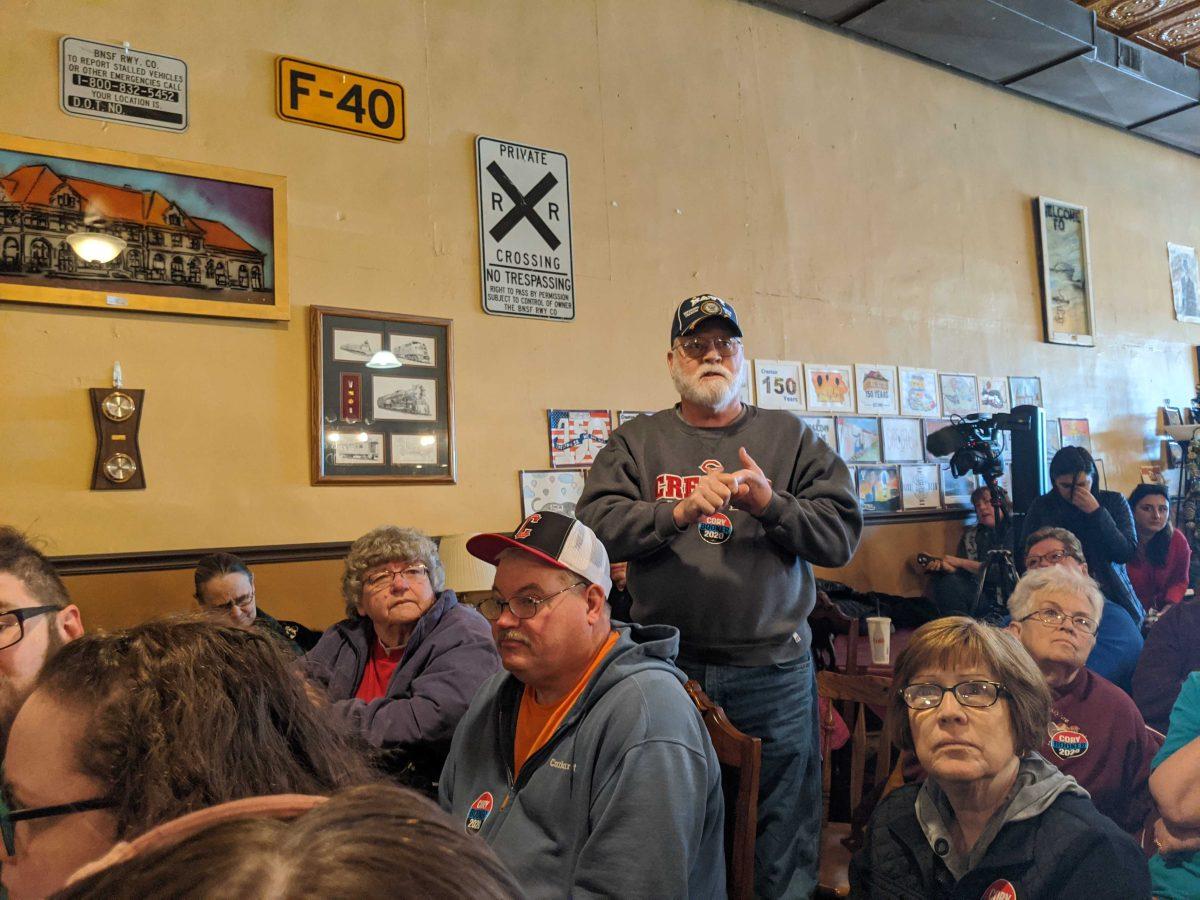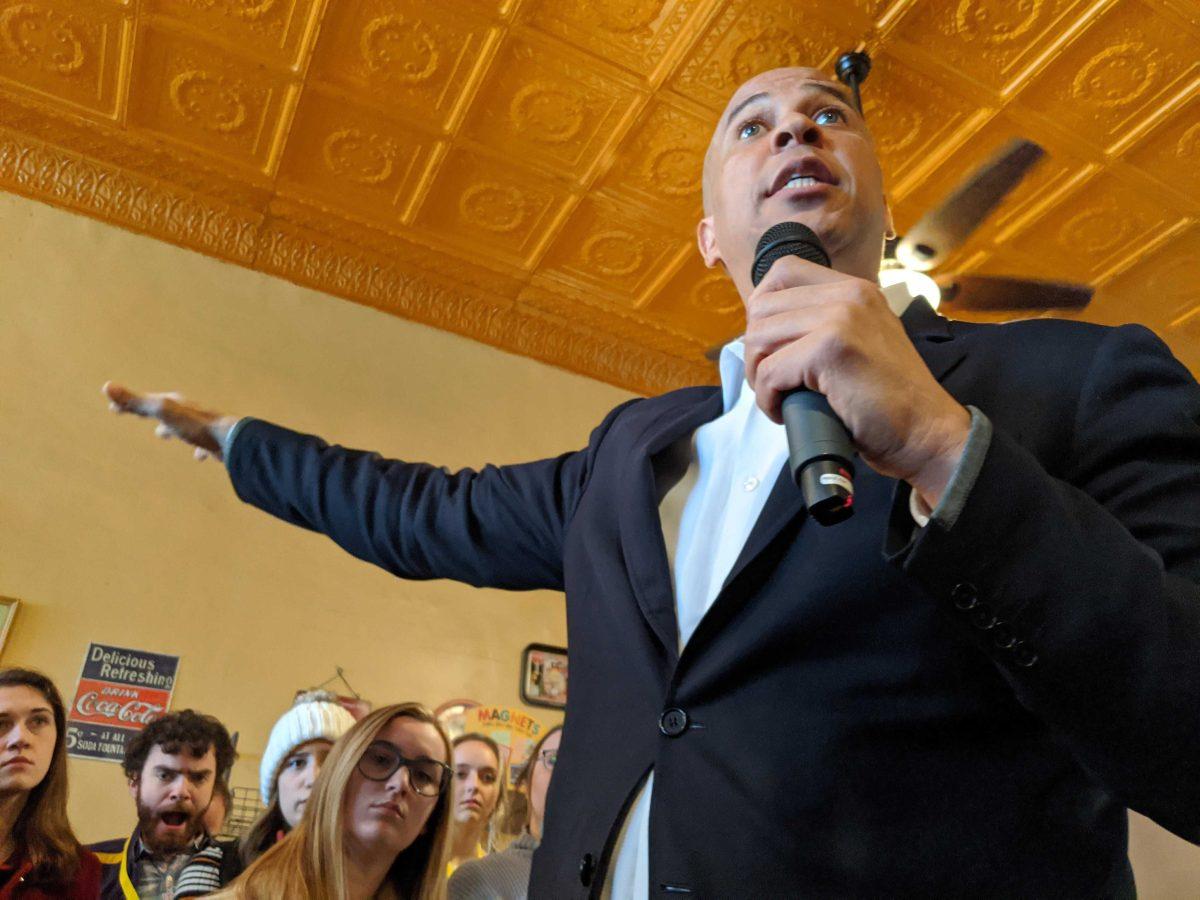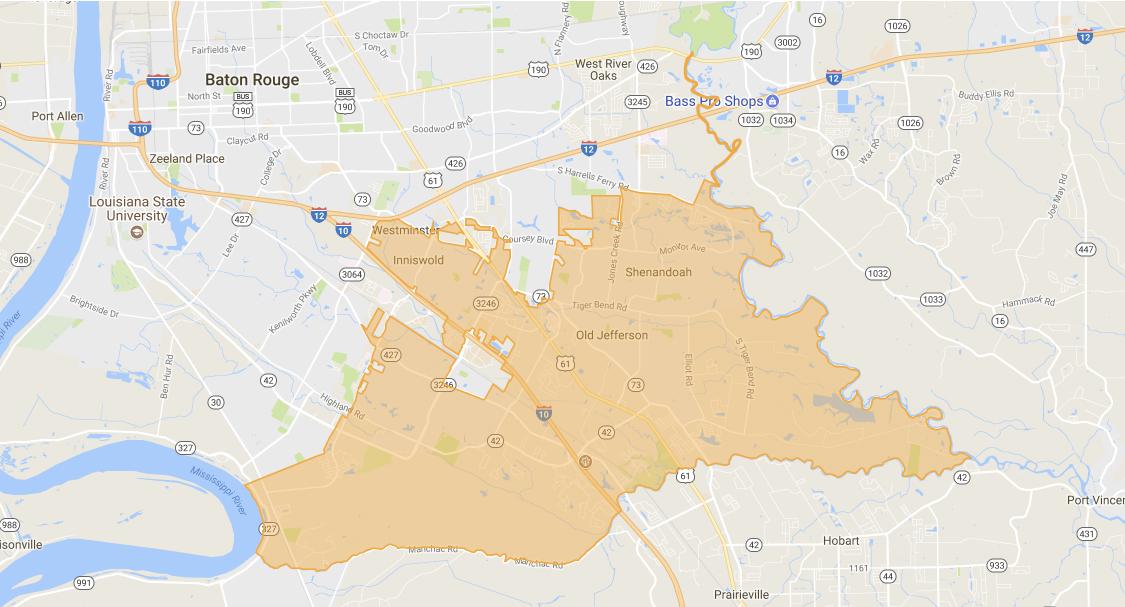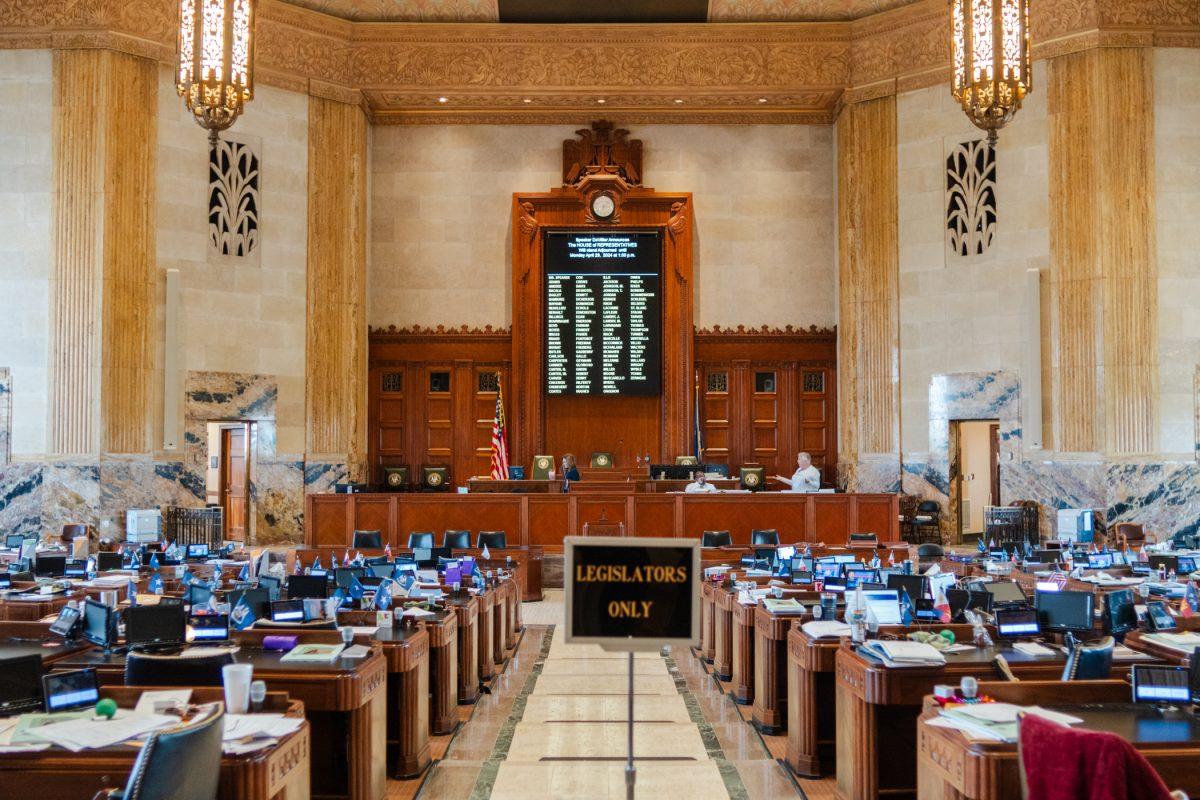DES MOINES, Iowa – The Democratic presidential race is evolving into a two-tier contest: the top four candidates, Joe Biden, Pete Buttigieg, Bernie Sanders and Elizabeth Warren, and the remaining fringe candidates fighting for the chance to catch fire.
Host of Iowa’s public TV show, “Iowa Press,” David Yepsen, says that no one metric — including polls, fundraising or crowd sizes — can predict a winner. According to Yepsen, a former political reporter here, the only way to know who will win is from old fashioned word-of-mouth and assessing grassroots campaign efforts.
“I don’t put any faith in polls,” said Iowan retiree Tom Hawks. “We never answer our phone for any of them, so there’s one whole number they never get.”
Iowans tend to decide late. They take the caucus seriously and will attend as many as five candidates’ events before making a decision on caucus night on Monday, Feb. 3.
It may be a long shot for these candidates to beat the four leaders in the race, but it’s not impossible, experts say.
In 2004, Sen. John Kerry of Massachusetts unexpectedly took both the Iowa caucus and the Democratic presidential nomination after lagging in the early polls. From September 2003 until shortly before the Iowa caucus, candidates Howard Dean and Rep. Dick Gephardt led in the polls, besting Kerry by over 10 points.
BEHIND THE CAUCUSES
Caucuses are complicated process, a “social experience” as some Iowans say, and occur only in six states: Iowa, Kansas, Maine, Nevada, North Dakota and Wyoming.
As Iowa is the first, it can often determine which candidates can fight on in another state. The Democratic winner of the Iowa caucus has won the party’s nomination in every election since Kerry’s 2004 upset.
The polls may look grim for these less-popular candidates, but here’s a look at who they are:
CORY BOOKER
Sen. Cory Booker, D-N.J., held a small but emotional rally this month at Adam’s Street Espresso Café in Creston, Iowa, a hamlet of about 7,800 people. He offered a preacher-style revival speech to bring American together, followed by questions about veteran’s affairs, LGBT rights and the hearings for Brett Kavanaugh’s nomination to the Supreme Court.
Booker was mayor of Newark from 2006 to 2013, in which he helped to end the city’s 60-year population decline. He became a senator in 2013.
Tom Hawks, a Navy veteran, said this event was a turning point in his decision to choose Booker in the caucus.
“It’s in general the way he speaks from the heart,” said Hawks. “It’s not one answer, it’s not one question — it’s his commitment,” Hawks said.
Hawks had the opportunity to ask for Booker’s plans for veterans affairs. Booker responded by listing his personal history with improving veteran programs in Newark, and referencing his work with former Republican senators John McCain and Dean Heller on veterans issues.
“I reach out to everyone I can,” said Booker, “because like an old MoTown song, ‘I’m not too proud to beg for a righteous cause.’”
Hawks said he hopes to see Booker on the debate stage despite low poll numbers.
AMY KLOBUCHAR
“I never thought I would match some of the front runners who have run for president before,” said Sen. Amy Klobuchar, the Minnesota Democrat, before a TV interview. “I don’t pretend to have the money that [Bernie Sanders] does,” she said. “But the fact that we’ve gone this far with having less resources should be a sign to some of the pundits out there about who’s doing the best with the least.”
Klobuchar raised $11.4 million in the fourth quarter, more than doubling her third quarter fundraising.
Klobuchar is serving her third term in the Senate, first arriving in 2006. Her presidential campaign began last February by portraying herself as a moderate focused on rural voters and small businesses. She also has an in-depth infrastructure plan as her top priority if she becomes president.
At the start, the senator was depicted as tough on her staff in a media coverage, berating them for messing up food orders and accusing them of sabotaging her campaign.
Her campaign has since settled down as she showed spark in the Democratic debate last month and will debate again on Tuesday, Jan. 14 in Des Moines.
TOM STEYER
On the Western edge of the Iowa border in Council Bluffs, candidate Tom Steyer spoke to a small room of less than 100 attendees. Many came from nearby Omaha, Nebraska, excited to see a presidential candidate.
Steyer is a hedge fund billionaire and philanthropist. He is best known for funding groups like NextGen America and Need to Impeach, an effort to remove President Donald Trump that launched in October 2017.
Climate change is the forefront of his platform followed by affordable healthcare and raising the minimum wage. His individual contributions total $2 million and his polling average is less than 1%.
Whether or not a candidate wins depends on if they can organize workers, frame a consistent message, make time to meet Iowans and have a strong social media presence, according to Yepsen, the veteran Iowa political reporter.
“I don’t vote for a candidate unless I’ve met them,” said Joseph Jones, executive director of the Harkin Institute for Public Policy & Citizen Engagement at Drake University. As he put it, that’s the luxury of “a spoiled Iowa voter.”
ANDREW YANG
In a coffee shop in Perry, Iowa, Andrew Yang, a tech and education entrepreneur, stood on the shop’s counter as he spoke to a crowd that lined up on a snowy January night to listen to his talk about America’s current industrial revolution.
“How many of you notice stores closing where you work and live here in Iowa?” Yang asked.
“Amazon,” the crowd collectively beckoned back.
Yang often spoke in a question-and-answer rhythm to keep his crowd engaged, followed by applause and shouts.
He would emphasize small business, remedying relations with Iran and create a universal income program of providing every American adult $1,000 a month.
“We need to talk about the economy the way he does it,” said Eddie Diaz, executive director of a local community college. “He’s not talking about the economy in the future. He’s forward thinking in his brilliant ideas.”
Yang heavily focuses on economics in his talk. Volunteers and staff wear “MATH” hats to signify both his love for numbers and his campaign slogan: “Make America Think Harder.”
However, many remain skeptical because while he can explain complicated economic issues in simple examples, it’s unclear to some voters how he would solve them, or how he will go about avoiding inflation with his universal income plan.
Yang says inflation can be headed off as businesses compete for the lowest prices.
Sen. Corey Booker stands with the crowd during his rally at Adam's Street Espresso Cafe in Creston, Iowa on Jan. 1, 2020.








